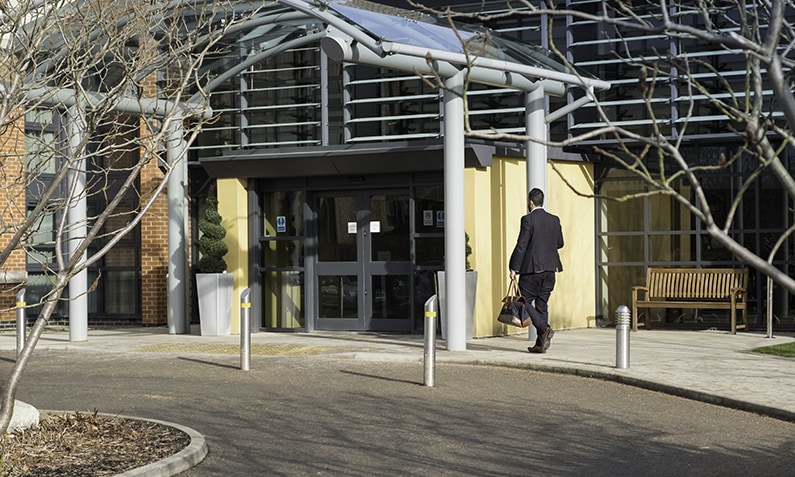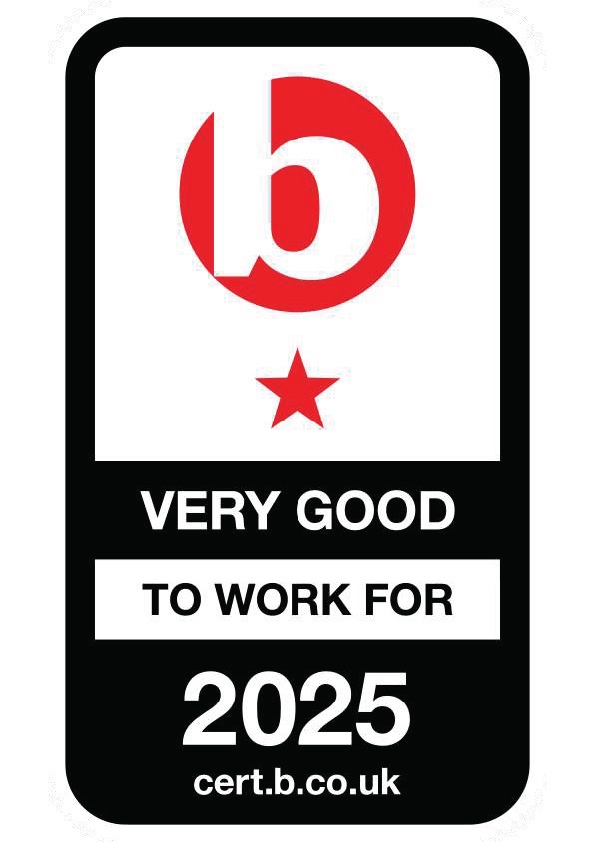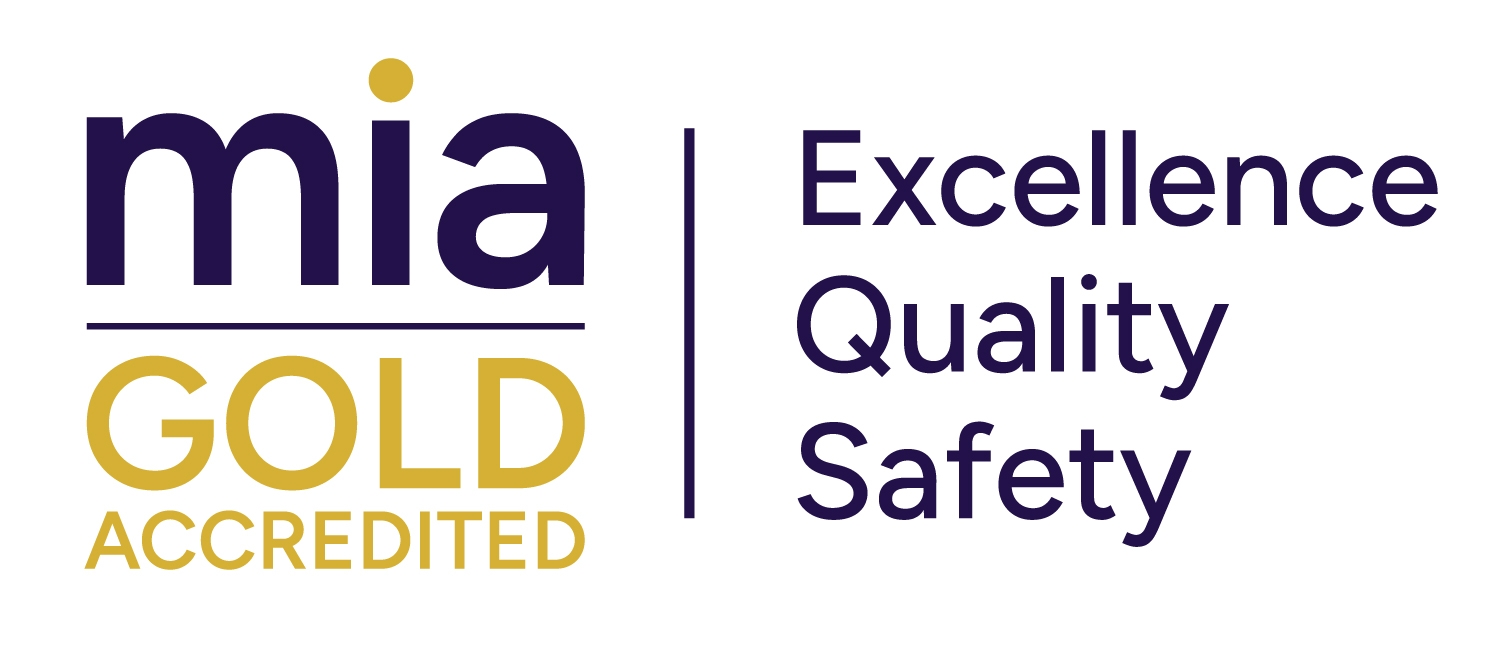
Imago Venues - A Year In Review
11 Aug 2021
As the door closes on a financial year like no other, we asked Marketing Manager Rob Chamberlain to reflect on the last 12 months at Imago Venues.
Can you give us an overview of what's been happening during the past year, how the pandemic affected the business and what the venues have been up to?
We never really closed our doors fully throughout the pandemic. We are lucky enough to have amazing sports facilities at Loughborough University and, of course, one of the only sectors allowed to conduct “normal” activity has been elite sports. We have some long-established sports clientele who have been using our hotel and meeting facilities for pre-season camps as well as pre-Olympic activity, and some new football team camps who have been prevented from their usual international travel. In honesty, this has been a major lifeline for us whilst other sectors have been prevented from operating. Furthermore, we also operated for essential/key workers and, as the rules allowed, essential business travel and essential education events. Two examples of this include Loughborough Learning Alliance who run regular training courses for Primary, Secondary and Special Educational Needs teachers, plus our hosting of the England Netball squad (Vitality Roses) for 3 weeks for a 3 match tournament series.
How have we had to adapt in order to keep the business operating?
We do benefit from being a venue portfolio with a centralised staff base, meaning we could deploy resources to the relevant venue as necessary and be quite agile with our venues. We’ve also been lucky enough to have key pieces of business that kept the venues ticking over, without having to really diversify our venues too far away from their normal primary purpose. Beyond that, we were very quick to implement stringent covid-secure measures and produced our “Safe In Our Hands” collateral which mapped out the customer journey and reassured customers that we were safe. We also introduced new digital solutions to allow for fully contactless service in F&B areas, which allowed us to be agile and react quickly as the restrictions changed – e.g. adapting to deal with room-only food delivery, introducing hot boxes for meetings etc. We’ve actually learned an awful lot and evolved throughout the period. In fact, the pandemic has actually proved to be an opportunity for us to rethink our processes, reboot and get creative. We’ve thought a lot about the longer-term habits that will have changed post-covid and this will help us come out of this recovery stronger and better!
As lockdown measures have eased and venues have begun to open up again, what are the key challenges for our venues and event organisers? What's the plan to overcome them?
Timing has been a key issue. Businesses who are struggling themselves certainly don’t want to be receiving aggressive sales approaches, so we’ve tried to keep a reassuring presence to our customers so they know that we’re there when they need us. No one quite knows how to navigate these uncertain waters and we think that a personalised approach – flexible to their circumstances – will bode well in the long run. After all, our industry is all about people! Therefore, knowing when the right time to bring back proactive sales teams from furlough was a delicate balancing act. The Government’s roadmap for re-opening certainly helped with that, as it gave everyone a bit more confidence to start thinking about their future event plans, and we saw a dramatic increase in enquiries from that point on. Capacity restrictions and social distancing proved to be an absolute minefield and made an already difficult process of mapping space and availability much harder. But, by and large, we’re all in the same boat trying to muddle through and I think there’s a mutual understanding on both sides – at the end of the day, our job is to make things as easy as possible for organisers and help them to achieve creative solutions. That won’t change.
How have we prepared to make the most of the revitalised events market?
Essentially, everyone is in “recovery mode” but what we offer are purpose-built facilities with huge flexibility. We’re also in the fortunate position to offer great sports facilities and corporate packages which businesses can utilise when bringing their teams back together, using “performance” and “wellness” as metaphors to drive their company goals and objectives. We have also vastly enhanced our offering for virtual and hybrid events for those companies who can’t bring teams together because of geography or travel restrictions, but we think this is likely to be a more short-term solution. However, as mentioned earlier, we’ve been fortunate enough to continue operating and have been forced into solutions and processes that make the customer journey easier (such as mobile ordering, contactless table service, live chat concierge service etc) and those will obviously stay and improve our offering in the post-covid world.
How do you think the role of meeting and conference venues is changing or should change for the future?
We’re in the meetings business, so we’ll be flying the flag for a return to face-to-face events and I genuinely believe there is a huge appetite for people to get back together. Some sectors have been hit harder than others and, naturally, it might take a little longer for some businesses to return. It’s also inevitable that businesses who have been thrust into using virtual meeting technologies will now realise how that technology can help them be more efficient in some areas. We think that some of the smaller team meetings might disappear and go virtual, but that will lead to a bigger appetite for larger, residential team gatherings/conferences. It’s also likely that city-centre businesses start to thin out their office real estate and have teams working remotely, but that will hopefully drive more requirement for teams to meet in person at a central location and specialist venue. As with all things, necessity is the mother of invention and, clearly, people have adopted new technology out of necessity. But let’s not forget that video conferencing has been around for an awfully long time without really penetrating the general behaviour, which suggests to me that human beings are far happier being together than apart!
How are enquiries and bookings for events for 2021 and 2022? What is the split between in-person only and hybrid and what levels of interest are you seeing from corporates – are they booking now or waiting a bit longer?
Since the Prime Minister announced his roadmap in February, we saw exponential increases in enquiries from pandemic levels (unsurprisingly) but still probably only 60-70% of “normal” enquiry levels for this time of year. They seem to be relatively short lead – and a lot of postponed events returning – which may be symptomatic of availability shortages that could create “false demand” across the industry. But we are definitely seeing greater confidence from certain sectors who are actively planning face-to-face activity for 2022 again. Essentially, what the business world needs is a bit of certainty that will accelerate people's confidence, so any opportunity we have to reassure customers and fly the flag for face-to-face is important. That's why we're launching our Meeting Made Easy campaign to remove as many barriers as possible and help organisers find their perfect meeting space without the stress or anxiety.






